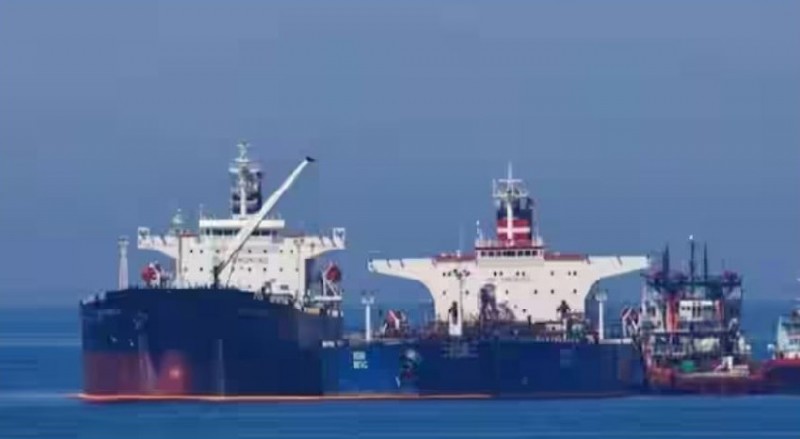
The recent escalation of maritime attacks in the Red Sea has drawn international attention as Yemen's Houthi rebels claim responsibility for targeting the oil tanker Pollux. U.S. officials have confirmed that the vessel sustained damage from a missile strike, heightening concerns about the security of commercial shipping lanes in the region.
The Panamanian-flagged tanker was en route to India with a cargo of crude oil when it was struck on its port side. This incident marks another in a series of attacks on international vessels by the Iran-aligned Houthi group, which has been active in the Red Sea and the Bab al-Mandab Strait since mid-November.
In a statement issued on Saturday, Yahya Sarea, a spokesperson for the Houthi military, claimed responsibility for the attack, citing it as a targeted operation against the Pollux. The group's actions are purportedly in solidarity with Palestinians amidst the ongoing conflict between Israel and Hamas.
The U.S. State Department condemned the attack, underscoring the need for safeguarding maritime security and the free flow of commerce through international waters. The incident highlights the precarious nature of shipping routes in areas affected by regional conflicts and underscores the urgency for diplomatic efforts to resolve the ongoing crisis in Yemen.
As the situation unfolds, stakeholders are closely monitoring developments and assessing the implications for regional stability and global energy markets. Efforts to mitigate the risk of further escalations and ensure the safety of maritime traffic remain paramount in addressing the challenges posed by the conflict in Yemen.
Iran Unveils New Air Defense Weapons Amid Regional Tensions
Russia, China Accuse US and UK of Illegal Strikes on Yemen Rebels in Red Sea
Israel War Day-132: Hamas Leader Calls for Ceasefire and Israeli Withdrawal from Gaza